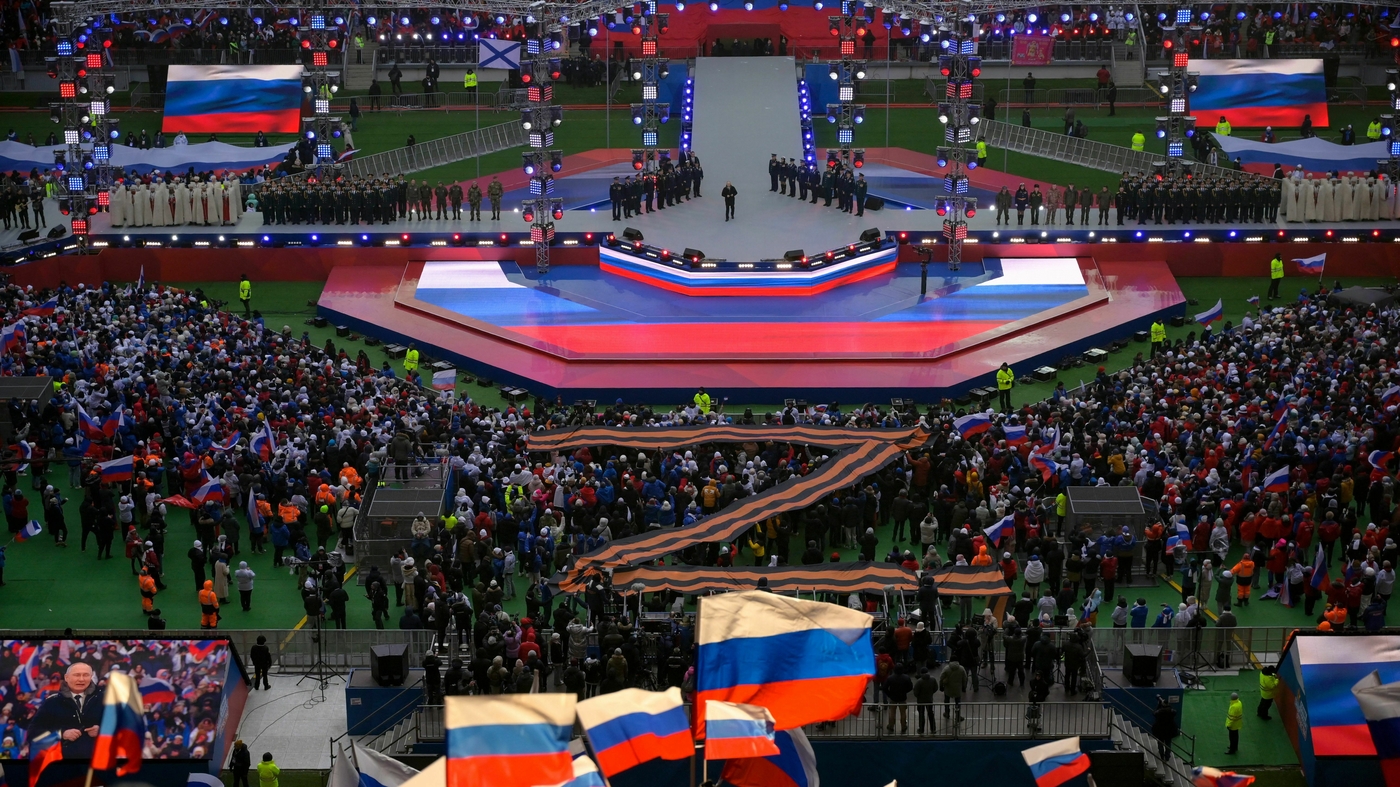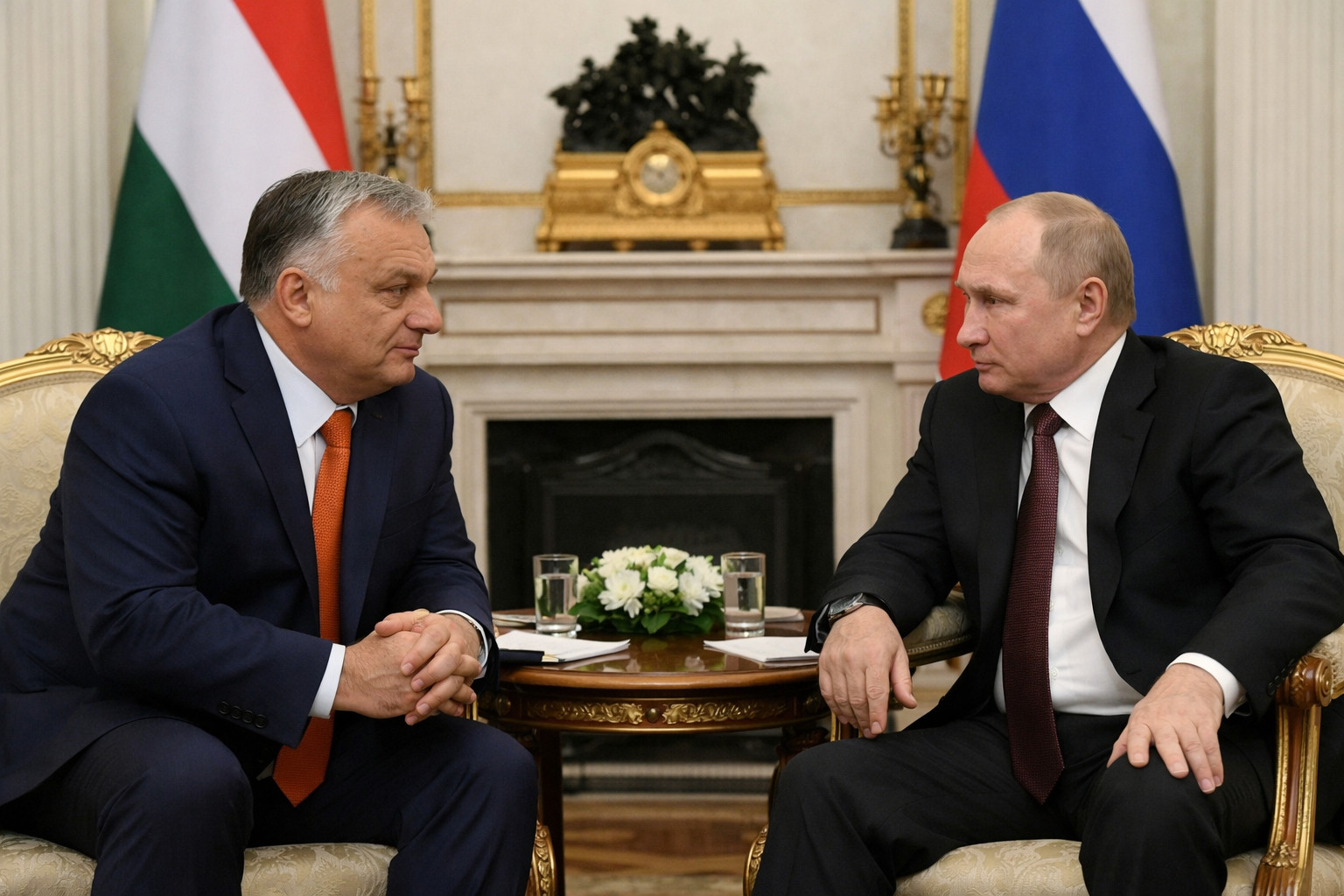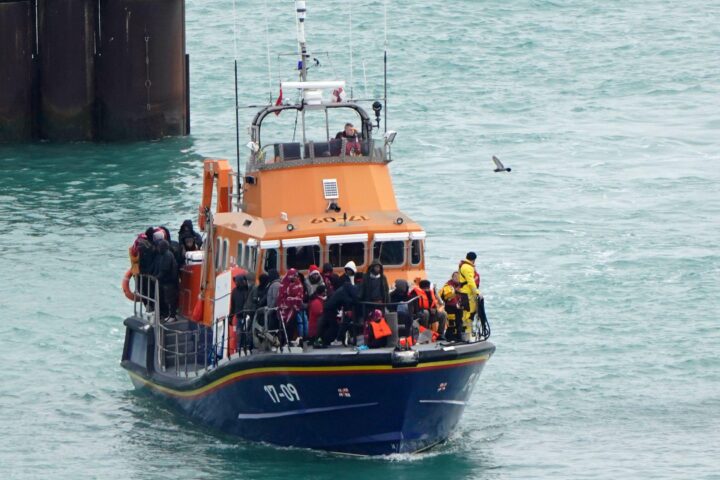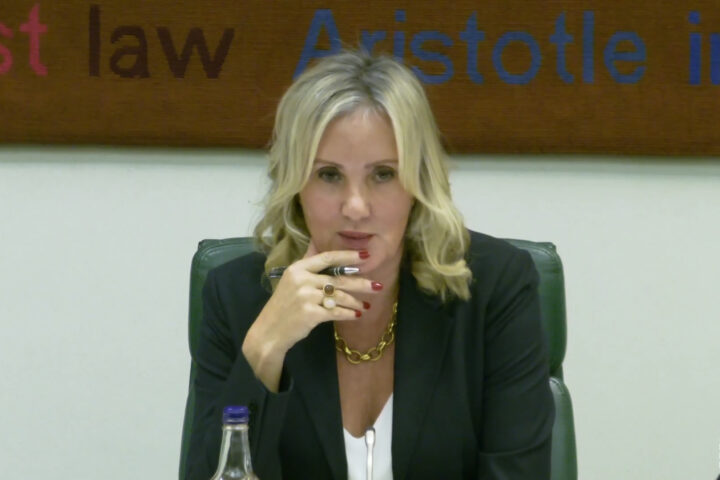Ahead of the scheduled summit on August 15, 2025, between U.S. President Donald Trump and Russian President Vladimir Putin in Alaska, Russian information outlets intensified efforts to discredit Ukraine. The campaign alleges that Ukraine is violating international humanitarian law, aiming to weaken global support for Kyiv and create favorable conditions for Moscow in diplomatic talks.
Propaganda claims target Ukrainian military actions
Pro-Russian media have circulated narratives accusing the Ukrainian Armed Forces of targeting Russian civilians, preparing provocations using Western media, and concentrating special operations forces along certain border areas. These claims are part of a broader attempt to portray Ukraine as an aggressor state, undermining its international standing.
FSB spreads alleged Ukrainian missile threats
The Russian Federal Security Service, along with the Ministry of Defense, disseminated reports claiming the destruction of Ukrainian long-range missiles, the “Sapsan,” allegedly intended to strike Moscow, Minsk, and other strategic sites inside Russia with NATO approval. Such narratives aim to frame Ukraine as a terrorist actor and justify Moscow’s reluctance to engage in ceasefire initiatives.
Campaign seeks to influence international perception
Analysts note that these coordinated disinformation efforts are designed to reduce international support for Ukraine and create pretexts for Russia to avoid meaningful negotiations. The Center for Countering Disinformation highlights that such strategies leverage media manipulation to affect diplomatic outcomes ahead of high-level summits.
Context of escalating information warfare
This escalation occurs in the broader context of ongoing hybrid warfare, where information operations are used to shape perceptions and policy decisions. By amplifying allegations of Ukrainian wrongdoing, Russia aims to erode trust among Western partners and complicate Kyiv’s efforts to secure continued diplomatic and military backing.












